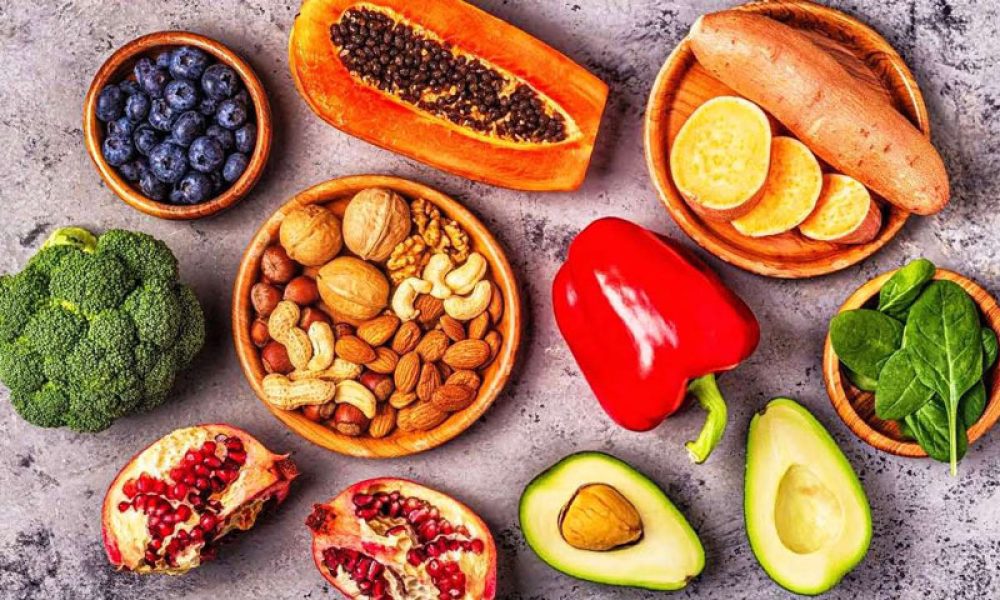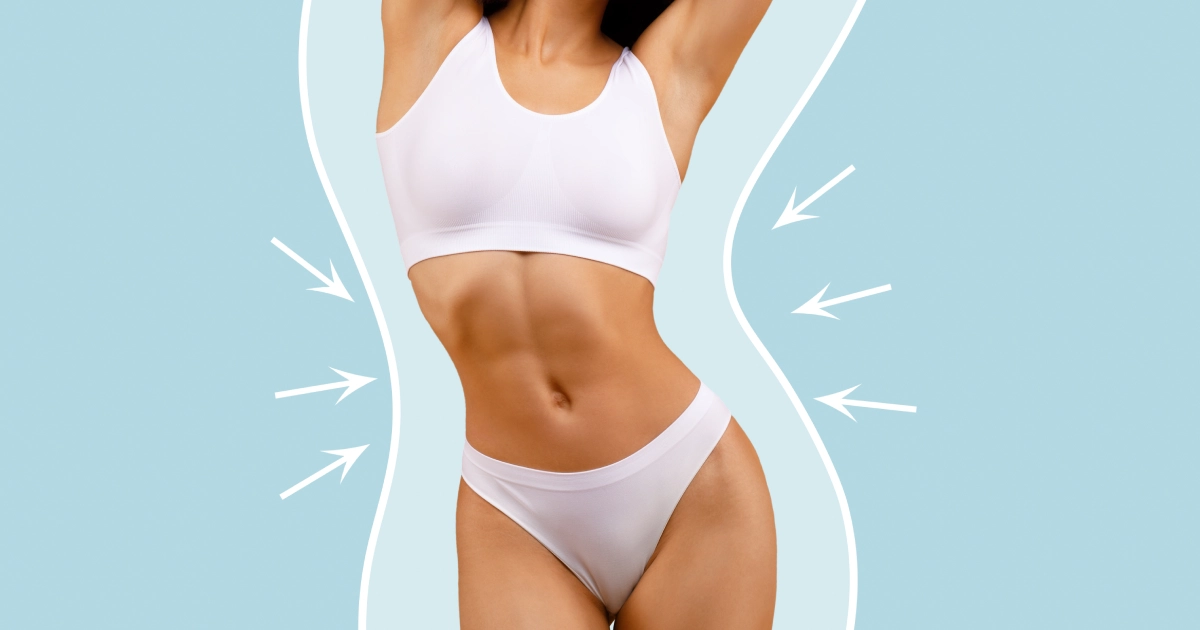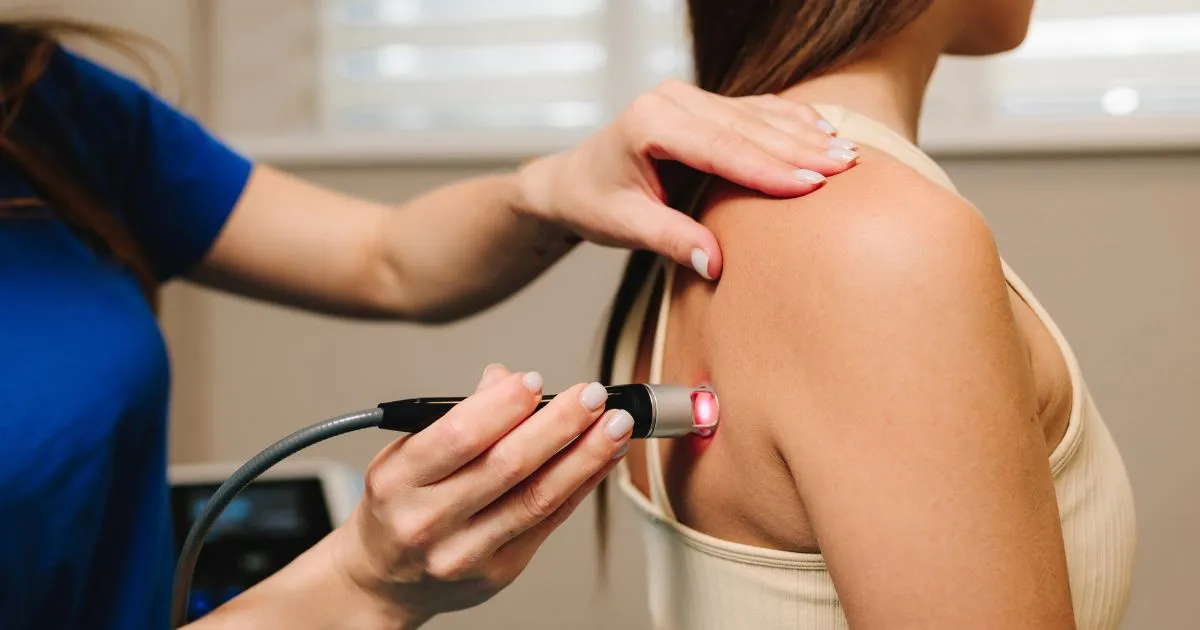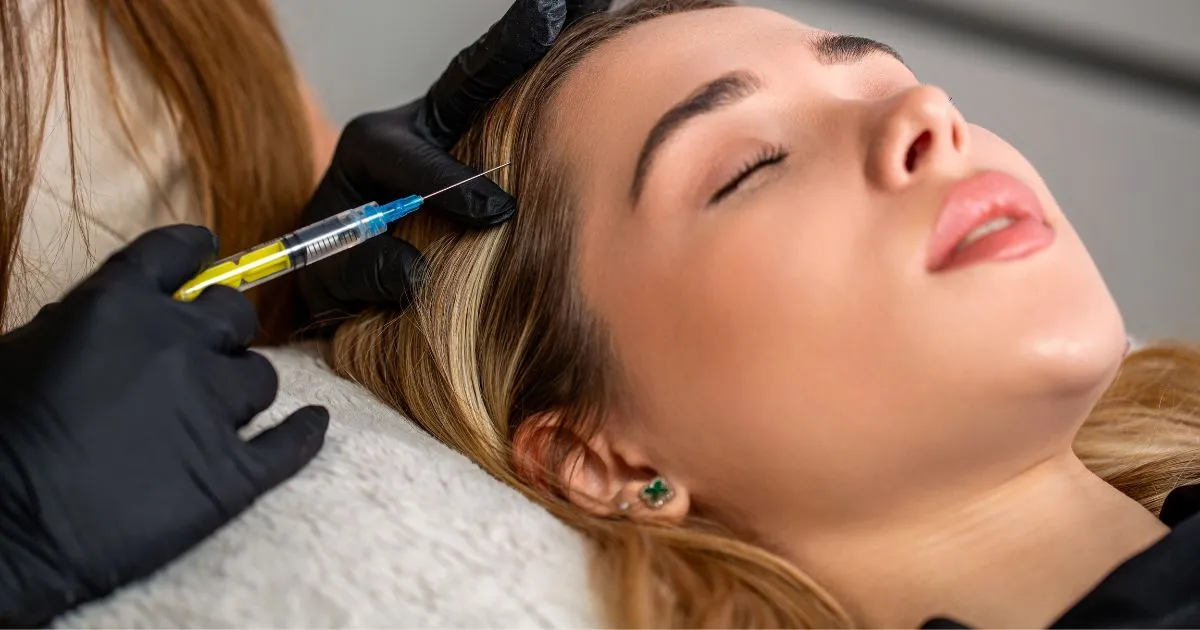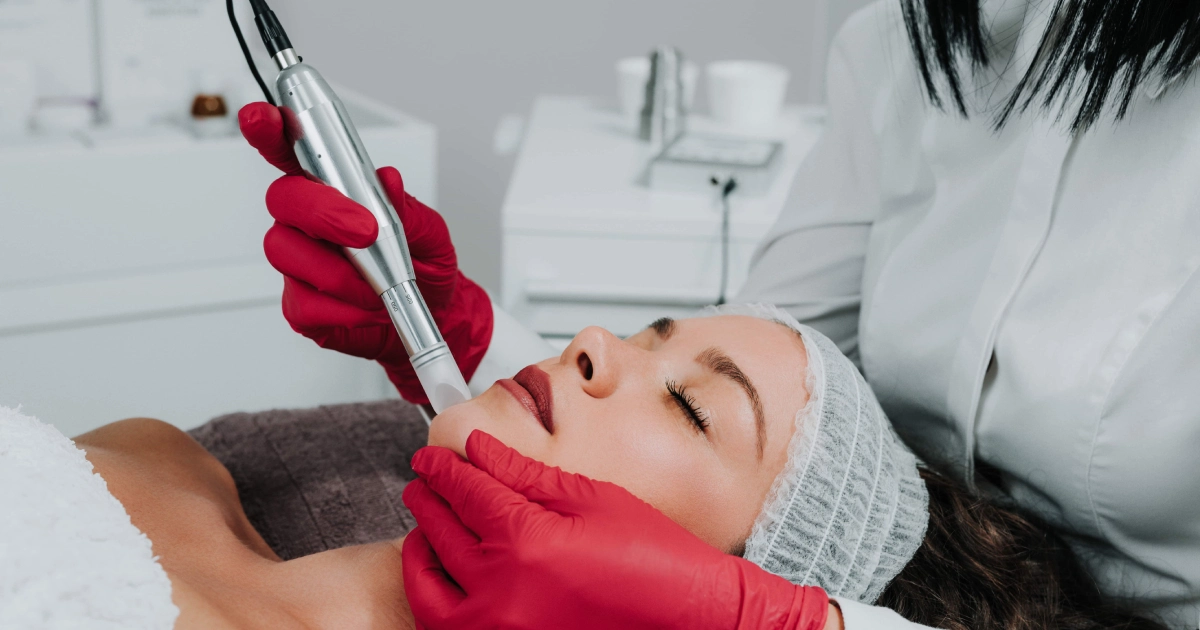Introduction
Insulin resistance is a huge problem in this country. One in 3 adults have insulin resistance according to Stanford researchers. That is a staggering percentage of people. Insulin resistance can lead to type 2 diabetes as well as a host of other medical issues including high blood pressure and cholesterol as well as increased inflammation in the body. This can predispose you to stroke and heart attack. It also seems to affect your ability to lose weight.
What is Insulin Resistance?
It’s when the cells in your body stop responding to the hormone insulin which is released by an organ called the pancreas. Normally, insulin regulates how liver, muscle, and fat cells take up glucose. With resistance, blood sugar levels increase and the excess is stored.
How does this affect weight loss?
As your cells don’t respond to insulin, more insulin is pumped out. There is increased fat storage in your fat cells. Unfortunately, the primary target is the belly.
It also affects hormones such as gherlin and leptin which are hormones that affect your appetite.
It reduces your body’s ability to use glucose (sugar) effectively. Inevitably, this can affect your body’s metabolic rate. This is makes it hard to drop those pounds.
In women, insulin resistance can also be associated with polycystic ovarian syndrome. It can further lead to hormonal imbalances which can affect menstural cycles and lead to increased testosterone. Increased testosterone in women can cause weight gain, infertility, and hirsutism (getting really hairy).
What Can You Do?
- Limit refined carbohydrates—this means a lot of items in the middle aisles of the grocery store — ex. Bread—including wheat, pasta, cookies, cakes, crackers, etc. You should also limit rice….yes, even brown rice. Opt for lean meats and vegetables.
- Control your portion sizes—smaller plates can help
- Spread out your meals to reduce insulin spikes.
- Routine exercise 3-5 times weekly of moderate intensity.
- Manage your stress and get sleep. Try meditation, yoga, deep breathing, or other hobbies and activities that you enjoy. Sleep at least 6-8 hours nightly. Decreased and disrupted sleep disrupts hormones, decreases insulin sensitivity and makes you want to eat more.

